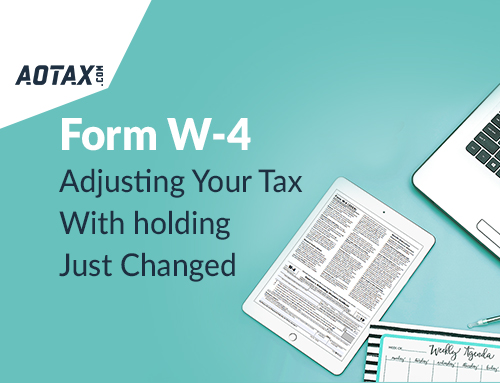
How To Account For Your Rental Income In India While Filing Your US Taxes?
How To Account For Your Rental Income In India While Filing Your US Taxes?
It is quite common for NRIs to own one or more houses in India and earn rental income from the same. Also, it can be a bit confusing when it comes to taxation of such income. Since you are staying and filing your taxes in the US, what about the earnings in India? Here is all that you need to know.
Whether To File Taxes or Not?
This question predominantly depends on the residential status of an individual. If a person qualifies as a resident of India, their global income is taxable in India. On the flip side, if they are NRI you are liable to pay taxes only on the income accrued in India.
Income in India can be in the form of salary received for consultation, capital gains made by selling of financial assets, income from rental properties in India, any interest that you earn on your fixed deposits or savings bank. These are some common examples. For any income earned outside India, you do not have to pay taxes in India.
When Should I File Taxes?
Some general rules of income tax apply to all the individuals, whether they are resident Indians or not. According to one such basic rule, anyone with an income exceeding INR 2,50,000 must file their taxes. If your rental income does not exceed INR 2,50,000 there is no need to file your income taxes in India.
Also, NRIs are subject to the same filing deadlines as resident Indians. If you must file your taxes, ensure that you complete them by the 31st of July to avoid any penalties. In the event that your taxes for the year exceed INR 10,000, you must pay advance taxes to the government as well. If you fail to pay advance taxes, you must pay interest on the taxes according to Section 234B and 234C.
Taxation on Rental Income
As far as rental income is concerned, NRIs can earn money from house property or rental payments. And the taxation on them is as follows.
- House Property
Any income that you accrue from a property in India is taxable. You must pay taxes on the property whether it is rented or lying vacant. As an NRI, you are entitled to a standard deduction of 30%, benefit from interests paid towards a home loan, deduct property taxes that you have paid. NRIs can also claim the interest paid towards the home loan under Section 80C. The laws also allow NRIs to claim registration and stamp duty charges under Section 80C. The taxes are applicable as per the income tax slab for the fiscal year in question.
- Rental Payment Received
If you have a rental property and are receiving rent for the same, the onus of deducting the TDS is on the tenant. They must deduct 30% of the rent as TDS and deposit the same to the government. This is irrespective of whether you receive the money in your Indian account or the NRI account that you currently hold.
Deductions
There aren’t too many changes for NRIs when it comes to filing taxes or availing other benefits. NRIs can benefit from deductions under Section 80C. You can claim deductions up to a maximum of INR 1,50,000 under this section. This includes premiums paid towards any life insurance, tuition fees for children, principal paid towards a home loan, an investment that you have made in ELSS (Equity Linked Saving Scheme) or ULIPs (Unit Linked Insurance Plan).
The above is applicable to any rental income that you earn in India while filing your taxes in the USA.
Reference:









Recent Comments